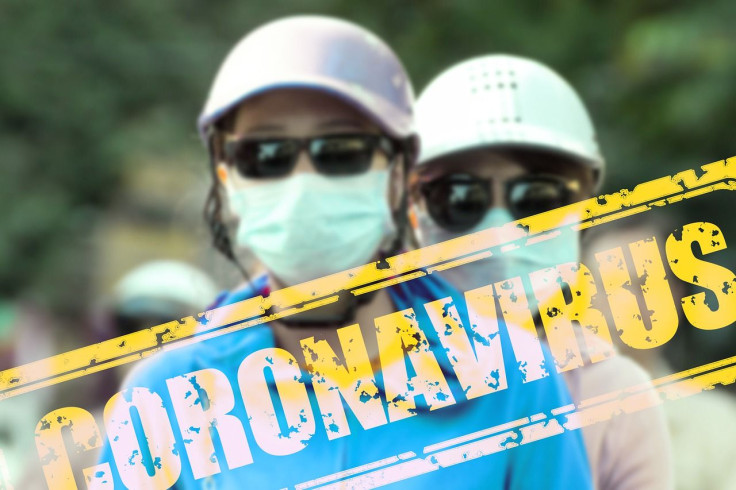Protect Yourself From The Deadly Coronavirus By Doing These Four Things

KEY POINTS
- Coronavirus has killed more than 1,500 people and the number is still rising
- The virus has caused panic in some countries, but health officials are giving sound advice on how to protect yourself
- It has laid down four ways that you can protect yourself from the deadly virus
As the death toll breaks through the 1,500 mark as of today, people around the world are starting to panic. The proliferation of false information and news only increased the mounting fear felt by those whose countries have confirmed cases. The lack of information as to how the deadly virus, now officially called COVID-19, is being transmitted is fueling a lot of speculation, many of them erroneous.
COVID-19 Quick Facts
The WHO revealed that coronaviruses or CoV are a huge family of viruses that can cause a range of ailments from common colds to severe illnesses like SARS and MERS-CoV. The most recent outbreak is a different and newer strain of such viruses. Chinese authorities believed it first originated from a seafood market in Wuhan, China, in December of 2019.
The main symptoms of this new coronavirus strain include coughing, having a high temperature, and shortness of breathing. To somehow lessen the fear, the National Health Service has recommended some steps to perform to lessen the risk of becoming infected. Although coronavirus risk in the UK is low at the moment, performing these steps reduces the likely spread of infection.
The Steps
The NHS said that if you suspect you have coronavirus, you need to isolate yourself to make sure it does not spread to others. Based on recommendations from scientists, if you just returned from China or areas there is a coronavirus outbreak, you need to stay at home for at least 14 days. It is not also advisable to go to work or school, and you should avoid being in public areas. It is also advised you to stay away from public transport and ask family members, friends, or delivery services to perform errands for you.
When coughing or sneezing, the NHS recommends you cover your nose and mouth with a clean tissue or your sleeves. Do not cover them with your hands as this is ineffective. Place the tissues you used to cover your nose and mouth in the trash after using it. Wash your hands frequently with soap and water. If soap and water are unavailable, use a hand sanitizer gel.
Avoid close contact with individuals who appear or feel unwell. The World Health Organization has set a benchmark for such contact. According to the health body, anything less than a meter is already considered close contact. This means making sure you maintain a distance of at least three feet or a meter between yourself and other persons, especially those who have a fever, are sneezing and coughing.
The reason for this is the suspicion of scientists that COVID-19 may be transmitted through small droplets. When an infected person coughs, sneezes, or even talk, small droplets are projected wherever they are facing. If your hands are unclean, avoid touching your mouth, nose, or eyes. Surface droplets may contain the deadly virus which may be transmitted when you touch areas that may facilitate its entry to your system.
© Copyright IBTimes 2025. All rights reserved.





















